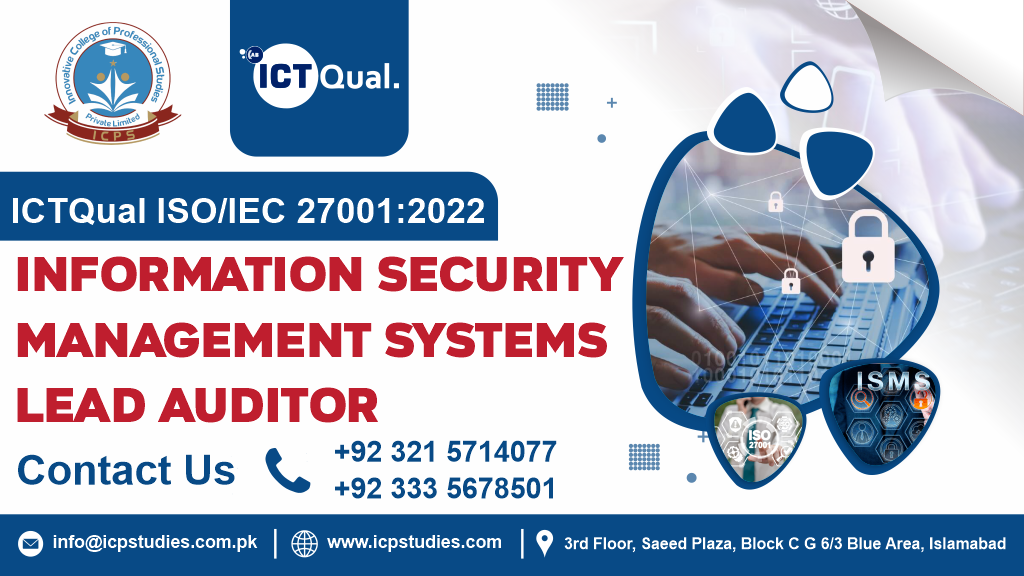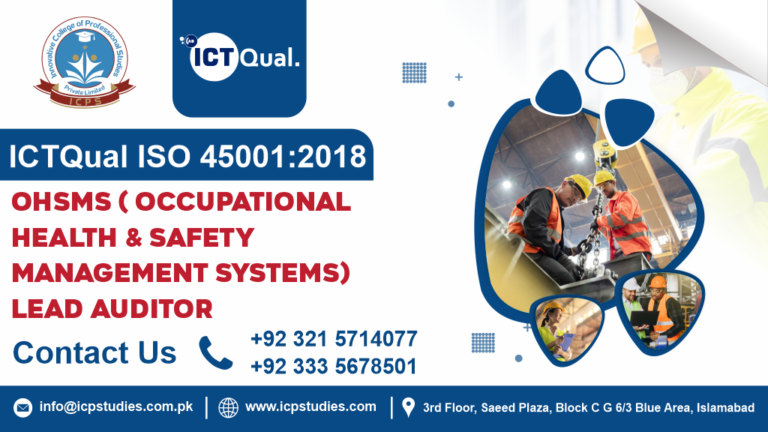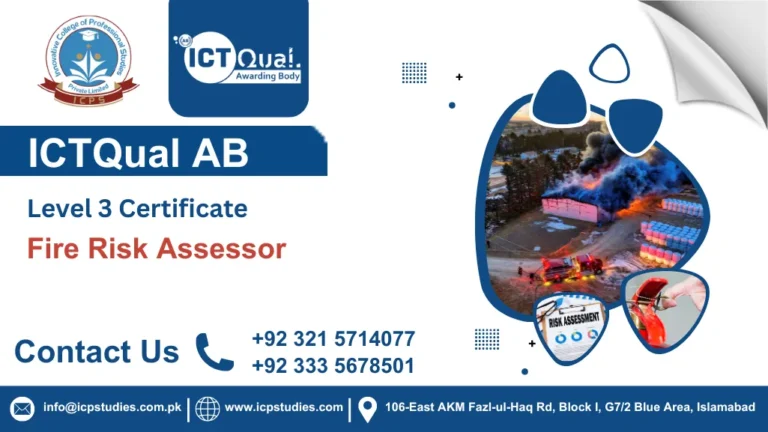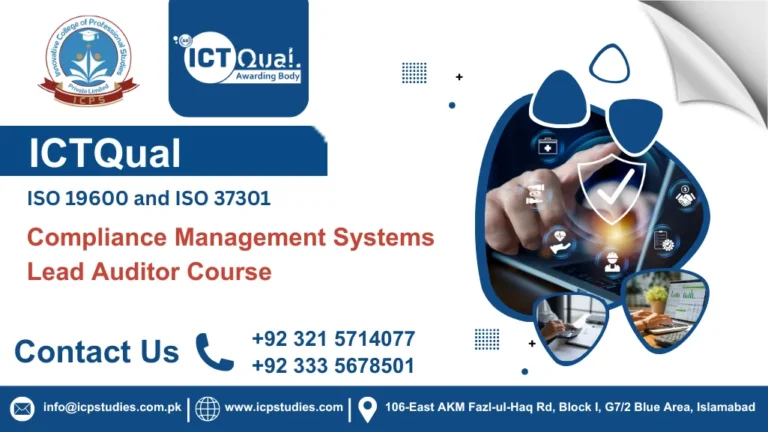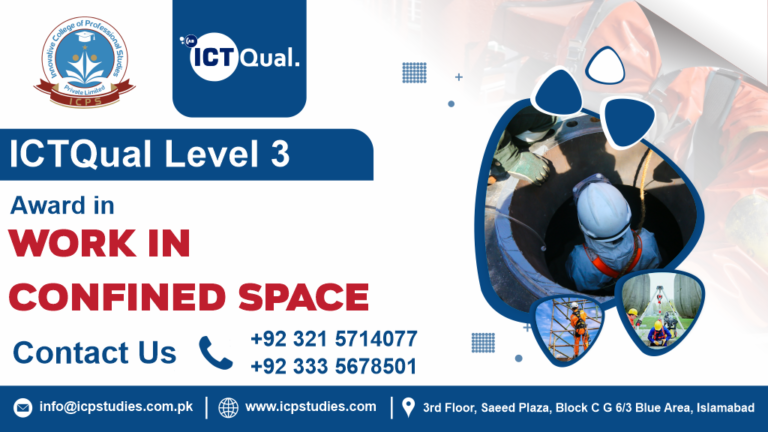In today’s digital age, where data breaches and cyber threats are rampant, securing sensitive information has become a top priority for organizations worldwide. The ISO/IEC 27001 Information Security Management System (ISMS) Internal Auditor Course is an essential program for professionals who are committed to safeguarding their organization’s information assets. This comprehensive course provides the knowledge and skills needed to audit information security management systems effectively and ensure compliance with ISO/IEC 27001, the international standard for information security.
ISO/IEC 27001 is the globally recognized standard for information security management systems. It provides a systematic approach to managing sensitive company information, ensuring its confidentiality, integrity, and availability. The standard outlines a framework for establishing, implementing, maintaining, and continually improving an ISMS, thereby helping organizations protect against data breaches and cyber threats.
All About ICTQual ISO/IEC 27001 Information Security Management System Internal Auditor Course
Course Overview
The ISO/IEC 27001 Information Security Management System Internal Auditor Course is a specialized training program designed to equip professionals with the skills and knowledge required to perform internal audits of an organization’s Information Security Management System (ISMS) based on the ISO/IEC 27001 standard. This course is essential for ensuring that an organization’s ISMS is effectively implemented and continually improved, maintaining compliance with international information security standards.
The ISO/IEC 27001 Information Security Management System Internal Auditor Course is a crucial training program for professionals dedicated to ensuring the security and integrity of their organization’s information assets. By providing in-depth knowledge of ISO/IEC 27001 and practical auditing skills, this course prepares participants to effectively assess and improve their organization’s ISMS, ensuring robust protection against information security threats.
Study Units
- Introduction to ISO/IEC 27001 Standard
- Fundamentals of Internal Auditing
- ISMS Audit Process
- Risk Management in ISMS
- Audit Techniques and Tools
- Audit Reporting and Follow-Up
- Continual Improvement of ISMS
- Reporting and Follow-Up
To enroll in the ICTQual ISO/IEC 27001 Information Security Management System Internal Auditor Course, participants typically need to meet the following requirements:
- Age Requirement: Participants should be at least 18 years old.
- Basic Literacy: A good understanding of English is important, as course materials and instruction are primarily in English.
- Professional Background: Familiarity with information security concepts, IT management, or relevant experience in an organizational setting is beneficial.
- No Formal Prerequisites: There are generally no strict prerequisites, but prior knowledge of ISO/IEC 27001 standards or management systems can be advantageous.
- Course Registration: Participants must register for the course through an authorized training provider.
- Payment: Course fees must be paid as required by the training provider.
- Commitment to Attend: Participants should be prepared to attend the full duration of the course to receive certification.
The ICTQual ISO/IEC 27001 Information Security Management System Internal Auditor Course is designed for:
- Information Security Professionals: Individuals responsible for managing and implementing information security practices in organizations.
- Internal Auditors: Those who conduct audits within their organizations and need to understand the ISO/IEC 27001 standards.
- Compliance Officers: Professionals tasked with ensuring that the organization complies with relevant information security regulations and standards.
- IT Managers and Staff: Individuals involved in IT management who need to understand information security frameworks.
- Quality Managers: Those responsible for quality management systems who want to integrate information security into their processes.
- Consultants: Professionals who advise organizations on implementing and auditing information security management systems.
- Anyone Seeking ISO/IEC 27001 Certification: Individuals aiming to deepen their understanding of ISO/IEC 27001 for career advancement or certification purposes.
Learning Outcome
Introduction to ISO/IEC 27001 Standard
- Understand the Standard: Gain a comprehensive overview of the ISO/IEC 27001 standard, including its purpose, structure, and key requirements for managing information security.
- Identify Key Components: Learn about the core components of an Information Security Management System (ISMS) and how they align with the standard’s clauses and controls.
- Recognize Benefits: Understand the benefits of implementing ISO/IEC 27001 for organizational information security and how it integrates with other management system standards.
2. Fundamentals of Internal Auditing
- Learn Auditing Principles: Understand the basic principles and objectives of internal auditing within the context of ISO/IEC 27001.
- Roles and Responsibilities: Identify the roles and responsibilities of internal auditors, including the importance of objectivity, independence, and confidentiality in the auditing process.
- Develop Auditing Skills: Acquire essential skills for planning, conducting, and reporting on internal audits, including audit scope, objectives, and criteria.
3. ISMS Audit Process
- Plan and Prepare Audits: Learn how to develop and implement audit plans, including defining audit objectives, scope, and methodology.
- Conduct Audits: Understand the process of conducting internal audits, including preparing for the audit, executing audit procedures, and collecting evidence.
- Evaluate Findings: Gain skills in evaluating audit findings, identifying non-conformities, and assessing their impact on the ISMS.
4. Risk Management in ISMS
- Understand Risk Management: Learn about the principles and processes of risk management as they apply to the ISMS under ISO/IEC 27001.
- Identify Risks: Develop skills to identify, assess, and prioritize information security risks within the organization.
- Implement Controls: Understand how to evaluate and recommend appropriate controls and mitigation strategies to address identified risks.
5. Audit Techniques and Tools
- Utilize Auditing Tools: Gain proficiency in using various auditing tools and techniques, including checklists, questionnaires, and audit management software.
- Effective Interviewing: Learn effective interviewing techniques to gather information from personnel and verify compliance with ISMS requirements.
- Evidence Collection: Understand methods for collecting and analyzing evidence to support audit findings and conclusions.
6. Audit Reporting and Follow-Up
- Document Findings: Learn how to document audit findings clearly and accurately, including recording non-conformities, observations, and recommendations.
- Prepare Reports: Develop skills to prepare comprehensive audit reports that summarize findings, conclusions, and suggested corrective actions.
- Follow-Up Procedures: Understand the process for following up on audit findings, ensuring that corrective actions are implemented and effective.
7. Continual Improvement of ISMS
- Promote Improvement: Learn strategies for driving continual improvement within the ISMS based on audit results and feedback.
- Implement Best Practices: Understand how to integrate lessons learned from audits into the ISMS to enhance its effectiveness and compliance.
- Monitor Performance: Develop skills to monitor and evaluate the performance of the ISMS and identify opportunities for ongoing improvement.
8. Reporting and Follow-Up
- Communicate Results: Gain expertise in communicating audit results to relevant stakeholders, including senior management, and ensuring that they understand the implications and necessary actions.
- Track Corrective Actions: Learn how to track and verify the implementation of corrective actions, ensuring that they address audit findings effectively.
- Evaluate Effectiveness: Understand how to evaluate the effectiveness of corrective actions and adjust the ISMS as needed to ensure continuous improvement.
These learning outcomes are designed to provide participants with a thorough understanding of ISO/IEC 27001 and the practical skills needed to perform internal audits effectively, ultimately contributing to the enhancement of their organization’s information security management system.
FAQs about ICTQual ISO/IEC 27001 Information Security Management System Internal Auditor Course

